President Alberto Fernández has announced that he will extend Argentina's mandatory quarantine period for all citizens until midnight on April 12.
The Peronist leader, who placed the country under nationwide lockdown just over a week ago in a bid to tackle the novel Covid-19 coronavirus pandemic, said the shutdown would be extended until "Easter weekend," implying a lifting of measures upon the arrival of Monday, April 13.
Speaking at a press conference at the Olivos presidential residence, the president said that experts had recommended an extension.
"The decision we have taken, on the recommendation of the experts, is to extend the quarantine until the day that Easter Week ends, to continue controlling the transmission [of Covid-19]," he said.
Fernández praised citizens for how they had adapted and "behaved as a society" during the shutdown, claiming that 90 percent of Argentines were fully complying with the measures he had put in place.
The president asked vowed that "the State will be more present than ever" in the nation's poorest barrios, vowing to provide food and resources. He called on residents in those regions to "take care of their elders" and to "respect the quarantine."
Analysts have warned over the past week of the potential impact the shutdown is having on those living in poverty, especially those who work in the informal or black economy.
To help alleviate financial problems, on Sunday the government used a decree to order the suspension of all evictions from properties for 180 days and prohibit any increases in rent and mortgage payments.
Officials confirmed Sunday that 75 new confirmed cases had been registered in Argentina, lifting the cumulative tally to 820. The Health Ministry also reported that a 58-year-old man had become the 20th fatality in the country from the virus.
Fernández also confirmed that Argentina had been chosen by the World Health Organisation (WHO) as one of 10 countries in which the body will test a vaccine, a step he described as "recognition from the international scientific community" and testament to how the country had tackled the pandemic.
Meetings
The Frente de Todos leader's announcement came after a long day at the Olivos presidential residence on the outskirts of the capital. The president held meetings with an expert advisory panel, which recommended he extend quarantine, and had a long videoconference session with provincial governors and Buenos Aires City Mayor Horacio Rodríguez Larretta, during which each regional leader recounted their experience of the crisis to date.
Both the provincial leaders and medical experts recommended an extension and there was no detail supplied at the later press conference about a potential lifting of any regulations.
According to reports, at least one governor – allegedly San Luis Province Governor Alberto Rodríguez Saá – asked the president to redirect funds it had put aside to pay own external debt to the regions to help deal with the paralysis of the economy.
Fernández vowed that Argentina would support its businesses, though the president made no apologies in his speech for prioritising life over the economy, declaring "a falling economy can always get back up, but a life lost is never coming back."
The president also said he would be "hard" and "inflexible" with businesses that laid off staff at this difficult time, saying he would punish those who left people "helpless."
Earlier Sunday, Health Minister Ginés González García said a committee of experts had recommended an extension to the quarantine period.
"The specialists have unanimously opined that the quarantine must be extended," said González García at a press conference, surrounded by doctors and epidemiologists.
The committee also predicted a rise in infections in the coming days, the minister added.
Argentina has closed its borders and only essential activities are allowed, such as the production and sale of food, cleaning supplies and medicines, in addition to health and safety services.
No-one can circulate in vehicles without special permission and citizens can only leave their homes to buy food or medicine at nearby locations.
– TIMES/TELAM
related news

What’s in Milei's bill to lower the age of criminal responsibility?

Argentina’s global debt hopes get boost from Ecuador’s bond success

On lowering the age of criminal responsibility – is Argentina legislating in a mood of violent emotion?







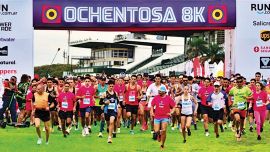
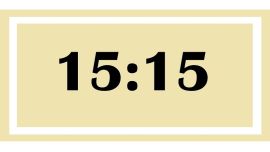

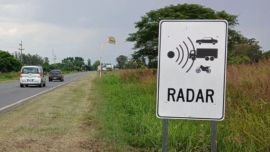





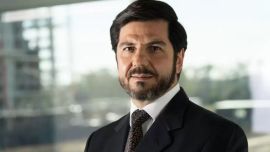
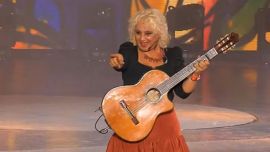


Comments